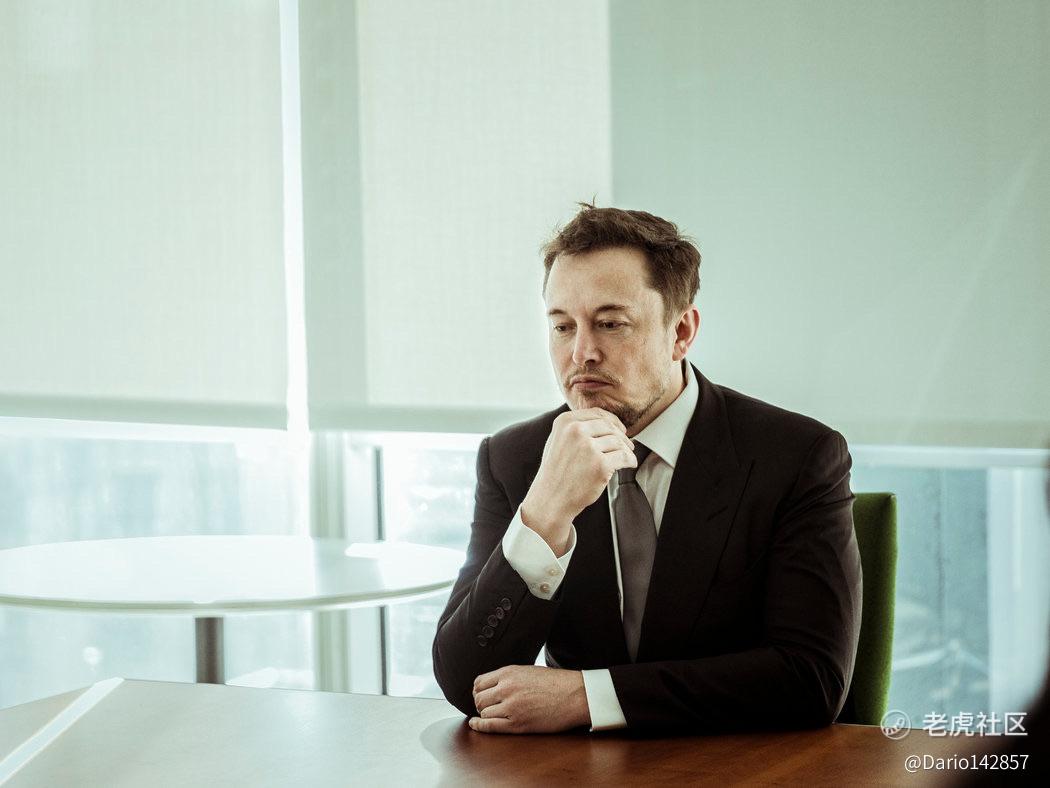Musk's small goal: Tesla's market value is less than 50 billion and no salary
In the past few years, there has been a lot of speculation about Elon Musk's future at Tesla and whether he will resign as CEO in a year or two.
Musk sparked such speculation five years ago, when he said he hoped to wait until the Model 3 was launched. In 2014, he said, "I have to see what will happen then," he said, "I will definitely be the CEO of the company in the next four or five years, and I will be determined later."
With the success of Musk's other ventures, such as his space company Space X, investors will naturally think of Robert Downey Jr. The prototype of the character in the "Iron Man" series may play a different role in Tesla.
Well, four years have passed, and Model 3 was unveiled in June last year (although production lag has delayed its release), and Musk's pending statement has also been confirmed: he told me that he has agreed to continue to be Tesla's CEO for the next decade.
Tesla plans to announce Musk's new compensation plan on Tuesday, which is perhaps the most radical plan in the history of the company: Musk can only get paid after the company's market value and operations reach a series of jaw-dropping milestones. Otherwise, he will get nothing.
Tesla set 12 targets, each of which is 50 billion US dollars higher than the previous one, starting from 100 billion US dollars, then 150 billion to 200 billion, and then going up to 650 billion US dollars. In addition, the company has set 12 revenue and adjusted profit targets. Only after both of them meet the standards can he obtain 1.68 million shares, or about 1% of the company's equity.
However, in order to better understand what these figures mean, it is necessary to know that Tesla's market value today is only about $59 billion.
If Musk manages to increase Tesla's market value to $650 billion - many experts will think that this number is ridiculously unrealistic - the company will be ranked in the top five American companies, according to the current valuation - his stock reward may be worth $55 billion (assuming that the company does not in the next decade If more stocks are issued, that's unrealistic). Even if he only achieves a few of these goals, he can still get billions of dollars.
Musk's critics, a large group of people, are likely to see the new compensation plan as the company's latest public relations gimmick. He is known as the contemporary P.T. Barnum can still create the illusion of success when the output is not up to expectations. The company continued to lose money. According to Bloomberg News, last year's loss amounted to nearly $500,000 per hour. Short Jim Chanos shorted Tesla's stock - he is still a loser so far - and thought Tesla was worthless.
But Musk's compensation plan is not an illusion: he can only get paid if the company is successful for a long time and the market value has increased significantly. It is impossible for him to manipulate this system through short-term stock price up. According to the agreed terms, even if he obtains the shares, he must hold it for an additional five years before it can be sold.
Such an arrangement makes every milestone a hard indicator: he either does it or gets nothing.
"If Tesla's market value will increase by only 80% or 90% in the next decade, then my total salary will be zero," he said. His calculation is based on the stock price at the beginning of this year, when the company was worth $50 billion.)
However, he believes, "I can really see the potential of Tesla to become a trillion-dollar company in ten years."
In terms of executive compensation programs, Tesla takes into account the interests of shareholders. The huge plans implemented by many companies are often at the expense of shareholders' rights and interests, because executives will be paid even if they do not perform as well as their peers.
When asked how shareholders should feel about Musk's compensation, Ira Ehrenpreis, chairman of the Tesla Compensation Committee, told me, "This is a coin that you win on the front, and you won't lose on the back." That is to say, if Musk makes tens of billions of dollars, the shareholders are the winner; if Musk does not perform well, the shareholders will not lose anything.
Musk's compensation plan is similar to a plan implemented by the company when it was worth $3.2 billion in 2012. Only now, the relevant numbers have greatly increased. The plan also stipulates that Musk can only receive remuneration after meeting specific market value and basic operating standards. Almost no one expected that Tesla's market value would grow to 17 times that time.
All the standards Musk listed in the plan have been met, except for one.
Although Musk's shares have been cashed in, he did not sell the shares, except for the tax on the appropriation. His current shares are worth $13 billion.
Musk often says that his motivation is not to make money. So what attracts him from this incentive scheme?
"It's not at all to create wealth that is as rich as possible," he said. The reason is that it is very important to me personally that I want to do something very important.
"I hope to make as much contribution as possible to human beings becoming a species distributed on multiple planets," he mentioned a goal that is often talked about, including allowing human beings to live on Mars. This obviously requires a certain amount of money.

精彩评论